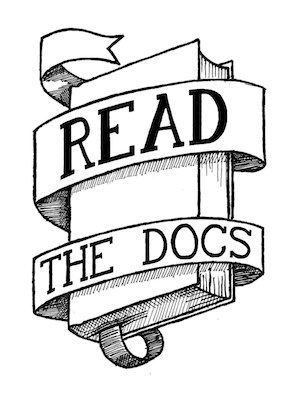Hey there!
I'm Eric and I work on communities in the world of software documentation.
Feel free to email me if you have comments on this post!
May 24 2009
Find me online
Subscribe
Communities
I work in the realm of software documentation. You can find more about the communities I help shepherd below:



